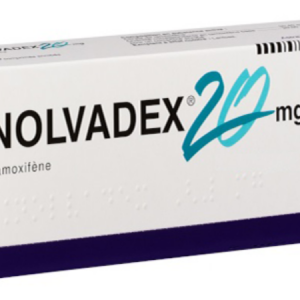$99.28
Albuterol is a widely used medication that provides rapid relief of bronchospasm and improves airflow in conditions like asthma and COPD. It is generally safe and effective when used appropriately under medical guidance. However, like all medications, it carries potential side effects and should be used cautiously, particularly in individuals with pre-existing heart conditions or other health concerns. Always follow the instructions of your healthcare provider and seek medical advice if you have any questions or concerns about its use.
Albuterol, also known as salbutamol, is a medication commonly used to treat bronchospasm in conditions such as asthma and chronic obstructive pulmonary disease (COPD). It belongs to a class of medications called beta-2 adrenergic agonists, which work by relaxing the smooth muscles in the airways, thereby improving airflow to the lungs. Here’s an overview of albuterol:
Mechanism of Action:
Albuterol acts on beta-2 adrenergic receptors located on smooth muscle cells in the airways. When albuterol binds to these receptors, it triggers a series of biochemical reactions that lead to relaxation of the muscles surrounding the airways. This relaxation allows the airways to widen (bronchodilation), making it easier to breathe.
Uses and Benefits:
- Asthma: Albuterol is commonly used as a rescue inhaler for acute relief of asthma symptoms, such as wheezing, shortness of breath, and chest tightness. It provides rapid relief by opening up the airways during an asthma attack or exacerbation.
- COPD: It is also used in the management of COPD to alleviate symptoms of bronchospasm, improve airflow, and enhance exercise tolerance.
- Exercise-Induced Bronchoconstriction: Some individuals use albuterol inhalers before exercise to prevent or reduce exercise-induced bronchoconstriction (EIB), also known as exercise-induced asthma.
Dosage and Administration:
Albuterol is available in various forms, including metered-dose inhalers (MDIs), dry powder inhalers (DPIs), nebulizer solutions, and oral tablets or syrup. The dosage and frequency of administration depend on the severity of the condition and the formulation used. For acute asthma attacks, a quick-acting MDI or nebulizer solution is often used as needed.
Side Effects:
Common side effects of albuterol may include:
- Tremors or shakiness
- Increased heart rate (tachycardia)
- Palpitations
- Nervousness or restlessness
- Headache
- Dry mouth or throat
Serious side effects are rare but may include allergic reactions, chest pain, irregular heart rhythms, and paradoxical bronchospasm (worsening of breathing).
Precautions:
- Use as Directed: It is important to use albuterol exactly as prescribed or recommended by a healthcare provider to avoid potential side effects and ensure optimal effectiveness.
- Avoid Overuse: Overuse of albuterol can lead to tolerance and reduced effectiveness. If the medication seems to be less effective or needed more frequently, it’s important to consult a healthcare provider.
- Monitoring: Regular monitoring of lung function and symptoms is crucial, especially for individuals with chronic respiratory conditions like asthma or COPD.
6 reviews for Albuterol
There are no reviews yet.



Be the first to review “Albuterol”